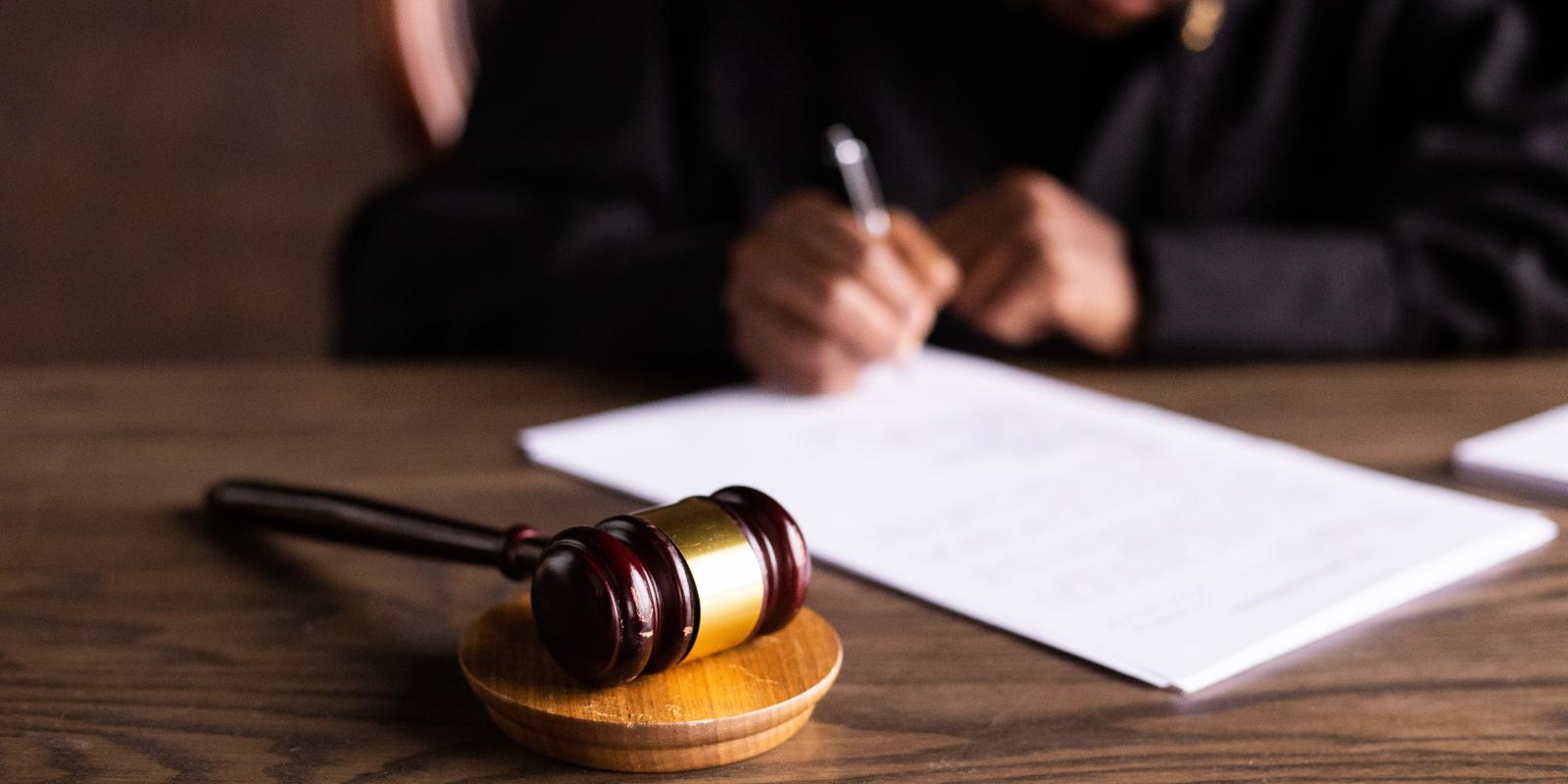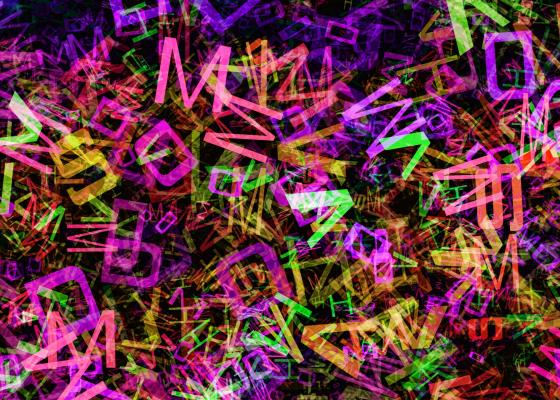Automated transcripts to speed up judicial proceedings

Since the 70s, several courtrooms around the world have gone video-only replacing the old-fashioned paper transcripts. This means that there is no transcript available for trials, hearings, grand jury testimony, or any other courtroom proceeding. By using videos, events that might otherwise be difficult or even impossible to verify can be captured. However, there are times when it is impractical to rely on video recording and a paper transcript is required. For example, today, the common practice of searching for evidence in video court sessions is tedious and unrewarding.
Problem or opportunity
Legal proceedings have a peculiarity when it comes to the drafting of judgments. Sometimes the transcriptions of the meetings are needed, especially when the judgment is escalated to higher instances. Given the recording of the meeting, the video clip is examined to find out, for example, where exactly something was said or who was named. At the moment, in the Basque Country, administration transcripts are made by manually reviewing the videos of all the sessions. Thus, it's not possible to easily search for words, phrases, and generic entities across the video clip and there isn't any correlation between the speech and the person who pronounced it.
Expected benefits
Converting voice data into searchable text using automated transcription services may save significant time and create actionable value. With this solution, 100% manual transcription is no longer necessary, and efforts can be focused on correction and completion.
In addition, if a court case is taken to a higher level, it will also save time by making it easier to find the exact points in the video in which some information has been said.

Transkit is a neural network based speech to text tool capable of transcribing audio and video content in Spanish, Basque or bilingual Spanish/Basque.





